ICF Homes achieves clients’ visions with its Insulated Concrete Form technology.
By Alan Dorich
“ICF Homes of Virginia is in the business of building their clients’ dream homes,” President Dave Phelps says. When customers come to this company with their particular vision, “We know that this house has never been built before, it is truly custom, one of a kind,” Phelps states.
Based in Fredericksburg, Va., ICF Homes designs and builds custom homes using insulated concrete form (ICF) technology. Phelps started the company in 2004, when he built the company’s first ICF home for himself and his family.
Graduating from the Virginia Military Institute with a Physics Degree, Phelps prides himself for coming up with innovative solutions to build the most energy-efficient, built-to-last homes, which he knows his customers will love.
“We looked at different ways to build a home,” he recalls, noting that ICF offered several advantages. “As far as energy efficiency, durability and strength were concerned, ICF was the best way.”
This wall technology makes the home a geothermal house. The steady ground temperature around the footers transfers energy up through the exterior concrete walls of the house. This natural energy helps keep the house at a steady temperature, regardless of the exterior air temperature. This process is very similar to a geothermal heat pump.
“My personal ICF house lost power during a winter snow storm for 26 hours,” he recalls. “Our home went from 70 degrees to 60 degrees over the course of 20 hours, and then the temperature stopped dropping, while our neighbors’ homes continued dropping into the 40s.”
Usually, when concrete is poured for a home, the builders stop pouring at the foundation wall. In an ICF Home, concrete is poured up to the roof. “The concrete wall is encapsulated with insulation once the concrete forms,” he says. “It adds to the strength and durability of the house.”
In fact, an ICF home is so durable that the structures have earned the nickname “hurricane homes,” Phelps says.
The price of an ICF Home can vary greatly: “We have built homes ranging from $350,000 to $2 million,” he says. Phelps also notes that the company has a very high customer satisfaction rate: “We feel very confident that everyone loves their house.”
One of a Kind
One of ICF Homes’ recent projects is the Lantern Hall project in King George, Virginia. According to Phelps, a team of specialized firms set out to create the most energy-efficient home within the client’s budget.
Spanning 10,000 square feet, the house features a passive solar design with more than 1,500 square feet of glass on its rear side with soffits that stretch nearly four feet. “The house was positioned due south for optimal solar heating during the winter months,” he says.
Lantern Hall also incorporates hydronic radiant floor heating in the basement and a concrete first floor. Phelps points out that the basement slab has two inches of foam board insulation under the concrete, which prevents it from experiencing thermal losses when it comes in contact with the ground.
When Phelps and his team heated the concrete floors to 70F, it allowed the 400,000 pounds of thermal mass in the home’s floors to keep room temperatures steady for a long time. Since very little additional energy is needed to keep the house temperature at a set point for 24 hours, the owners pay much lower heating costs.
ICF Homes also designed a specialized rainwater collection system to irrigate the yard and wash the owner’s cars. A French drain around the perimeter of the house collects water off the roof. “We used red granite, native to Virginia, in the French drain,” he says. The use of red granite enhanced the landscaping of the house.
Phelps is proud of the project. In 2012, Lantern Hall won the Commonwealth Award from the Virginia Chapter of the American Concrete Institute. “It was fairly unique for a residential structure to win,” he says, noting that it was up against military base and bridge projects. “It was truly a one of a kind home.”
Finding Clients
Phelps sees a strong future for ICF Homes. “We are doing well with finding clients who are already aware of insulated concrete forms,” he says. “Our market consists of an informed customer looking for someone to do what we can do.”
Phelps is striving to branch out ICF Homes to customers who may be unaware of a concrete home design: “The future is to expand the market awareness to anyone who is looking to build a new custom home that may be unfamiliar with insulated concrete form technology.”






